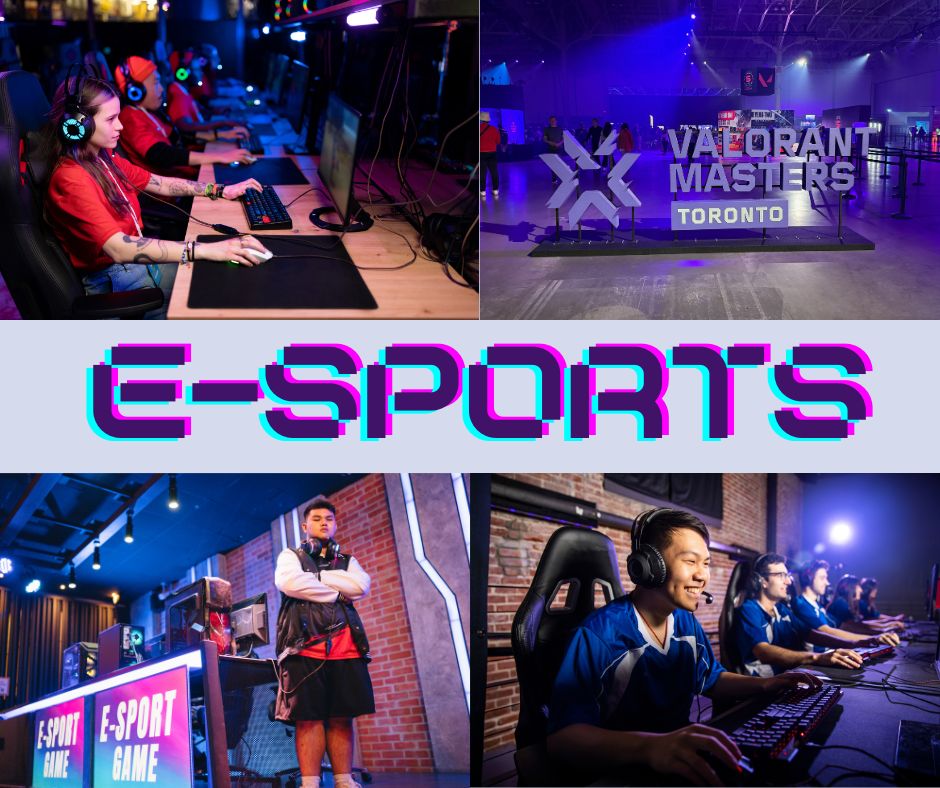
Discover Your Path through Envision’s Guide to Career Exploration Programs
Posted March 13, 2018, 12:00 pm by
If you have been paying attention, you may have heard that sometime down the road, a robot is going to take your job. If you believe some of the rhetoric, sometime in the future most of us will wander aimlessly across a barren planet in search of work only to realize that the “Terminator” movies were actually documentaries sent back from the future. While the next 20 years will be defined by disruption on a historic scale that will redefine the world of work, it will also create a period of incredible opportunity for students who can innovate, think critically, collaborate and communicate effectively. For students with these skills, the future can be awesome.
Now is the time to explore emerging careers and build the skills you will need to succeed. And at Envision, which offers career-exploration programs for high school students, we believe your adventure can start this summer and we have the perfect Career Exploration Guide to help make that happen.
%20(dragged).jpg)
Here’s why it should:
• Guardian of the Galaxy: What we know about the future career landscape
I am not certain that “guardian of the galaxy” will be an in-demand career in 20 years, but the transition to the future will include all kinds of exciting new professions. Synthetic-organ farmer, cyborg technician, solar-moon engineer, new-species developer or drone herder are just some of the potential interesting career trajectories.
While we may not be able to identify the exact job titles of tomorrow, current and emerging trends indicate that:
• 85 percent of the jobs that will exist in 2030 don’t exist today;
• Nearly 50 percent of current work activities can be automated with existing technology;
• By 2030, about 375 million workers may need to change their occupation categories.
Simply, the future will be different – really different. Compared with the present and the past, it will require different skills, different behaviors and different mindsets.
• Beaming Aboard the Enterprise: Who will be ready and why
The original Captain Kirk once noted, “No, I’m from Iowa. I only work in outer space.” If you start on Earth, how do you get ready for a career in space when Starfleet Academy is not an option?
As the acceleration of technology fuels the growth of economies around the globe, research overwhelmingly demonstrates that in order to prepare for this future world:
-
You need to develop strong social, emotional and high-level cognitive skills and capabilities. These skills are difficult to automate and can transfer between occupation categories.
-
You need to become innovators and problem-solvers by leveraging your curiosity and permitting yourself to fail while creating new solutions to old problems.
-
You need to be able to effectively communicate and collaborate with diverse people and technologies.
Simply, the success stories of the future will be about individuals who can create solutions to challenging problems while communicating and collaborating with an increasingly diverse and global population. To channel Aristotle, you need to become fully human. The ubiquitous nature of information and the application of technology through artificial intelligence will actually establish emotive and relational skills as the dominant traits of nimble and adaptable humans in the second half of the 21st century.
• Get “Future Ready”: The power of career exploration
Thomas Jefferson emphasized the connection between effort and good luck. Simply put, you can merely hope for a bright future but it's far better to actively create it.
Specifically, I recommend that you gain first-hand experiences in a career field. Through these experiences, you can discover your passion and begin to connect this passion to a sense of purpose that will inform your career orientation as the field evolves over the next couple decades. Most importantly, select a career-immersion experience that is defined by problem- and project-based learning experiences that require you to exercise critical thinking, communication, collaboration and creativity skills. These skills will be the currency of the future.
To learn more about how you can get future ready and build the skills you need to succeed, download our free Career Exploration Guide, which also provides information on Envision’s program offerings.
Blog Categories
- Career Advice
- College Admissions
- Colleges & Universities
- Financial Aid and Scholarships
- For Counselors
- For Parents
- For Students
- Gap Years
- Mental Health and Wellness
- Online Learning
- Performing and Visual Arts
- STEM Majors and More
- Summer Programs
- Teen Volunteering
- Trade & Vocational Schools
- Tutoring & Test Prep

Organization with listings on TeenLife? Login here
Register for Free
We’re here to help you find your best-fit teen-centered academic and enrichment opportunities.
Forgot Password
"*" indicates required fields








